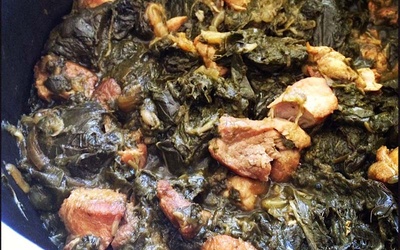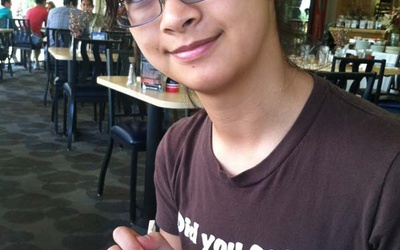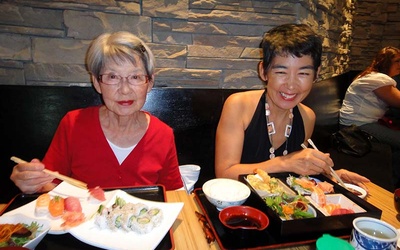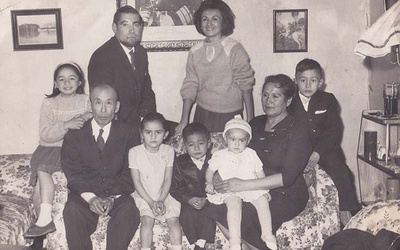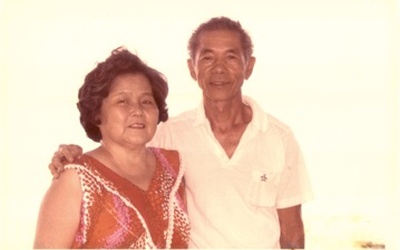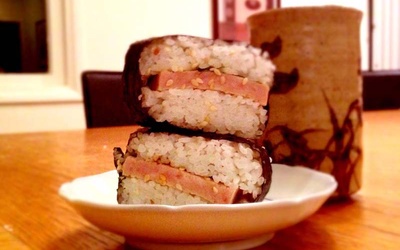Nikkei Chronicles #1—ITADAKIMASU! A Taste of Nikkei Culture
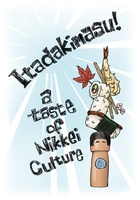
For many Nikkei around the world, food is often the strongest and most lasting connection they have with their culture. Across generations, language and traditions are often lost, but their connections to food remain.
Discover Nikkei collected stories from around the world related to the topic of Nikkei food culture and its impact on Nikkei identity and communities. This series introduces these stories.
Our Editorial Committee selected their favorite stories in each language. Here are their favorites:
- ENGLISH:
Authentic
By Barbara Nishimoto - JAPANESE:
Grandma’s Pickles Story: Sharing Grandma’s Rakkyo with the World
By Asami Goto - SPANISH:
Japanese Stoicism By Ariel Takeda - PORTUGUESE:
Ofukuro no aji: Mrs. Shizuka’s cassava misoshiru
By Rosa Tomeno Takada
Stories from this series
The luau stew from Heeia Pier
Nov. 7, 2012 • Mari Taketa
A recipe that will take you back to old places and times—even if you’ve never been there I am a townie, and grew up as such, though I have scattered memories of long weekend drives in the old white Impala. We ended up one time on an empty beach in Waianae with our dog, Kiko, a short-legged corgi bouncing away from the waves, and another time on a road by a wall of cane, gnawing on lengths of sweet, peeled …
The Aunties at Temple
Nov. 6, 2012 • Frances Kai-Hwa Wang
I see in the Hawaii Tribune-Herald newspaper that novelist Lois-Ann Yamanaka is reading at the Kinoole Farmer’s Market. “Jean Yamanaka” is the contact name, so she must be in town visiting her mom or other relatives. I love her work and plan to go, excitedly gathering up all her novels to ask her to sign. But instead, the books bake in my car as I let myself get caught up with the older Japanese American ladies at the Jodo Shinshu …
Itadakimasu!
Nov. 1, 2012 • Amaranth Rose
I was nurtured, body and soul, by the food of my mother and grandmother.Junko, my mother, always health conscious, made eating fun when my sisters and I were young. She would point out the bright colors of perfectly cut and steamed vegetables, bright as jewels with a light, crisp crunch. She would hold her ear to my mouth, exclaiming in delight, “I love rabbit sound!” Mom would ask, “how many colors can you eat?” and we would count the colors. …
Japanese Cuisine in the Nikkei Memory
Oct. 31, 2012 • Katrina Sanguinetti Tachibana
A modest portion of gohan and the smell of Kikkoman soy sauce, with its hexagonal logo, makes me recall my Nikkei origins. Bringing a morsel of Japanese food to my mouth is magical and transports me to those happier times I shared with my grandfather, Noboru Tachibana Kamada of Kagoshima; such memories also served as a reminder of how significant it was for me to be the granddaughter of a Japanese in Chile, an unusual situation in my country because …
Loose Sushi
Oct. 30, 2012 • Jamie Asaye FitzGerald
Standing in the kitchen grinding on bright yellow takuan straight out of the container takes me right back to my grandparents’ house in Palolo Valley, an older, predominantly Japanese-American neighborhood on the island of Oahu. Palolo was one of the few sections of Honolulu I knew of where there were “projects.” When the song “Electric Avenue” became a hit, we kids changed the lyrics to: “We gonna walk down to Palolo Avenue, and then we’ll take your tires.” It wasn’t …
Spam: It’s What’s For Dinner. No, Really.
Oct. 26, 2012 • Marsha Takeda-Morrison
Today I’m going to talk about Spam. I’m not talking about the kind in your online mailbox, I’m talking about the canned meat.Hey, where’d everybody go? Now that everyone, save for a few adventurous souls and the Asians, have left the room let me tell you about one of my favorite family traditions, Spam musubi, (pronounced moo-soo-bee), a kind of sushi concoction made out of Spam, rice, and seaweed. Hey look—now only the Asians are still here. Sure, being Japanese-American, …

